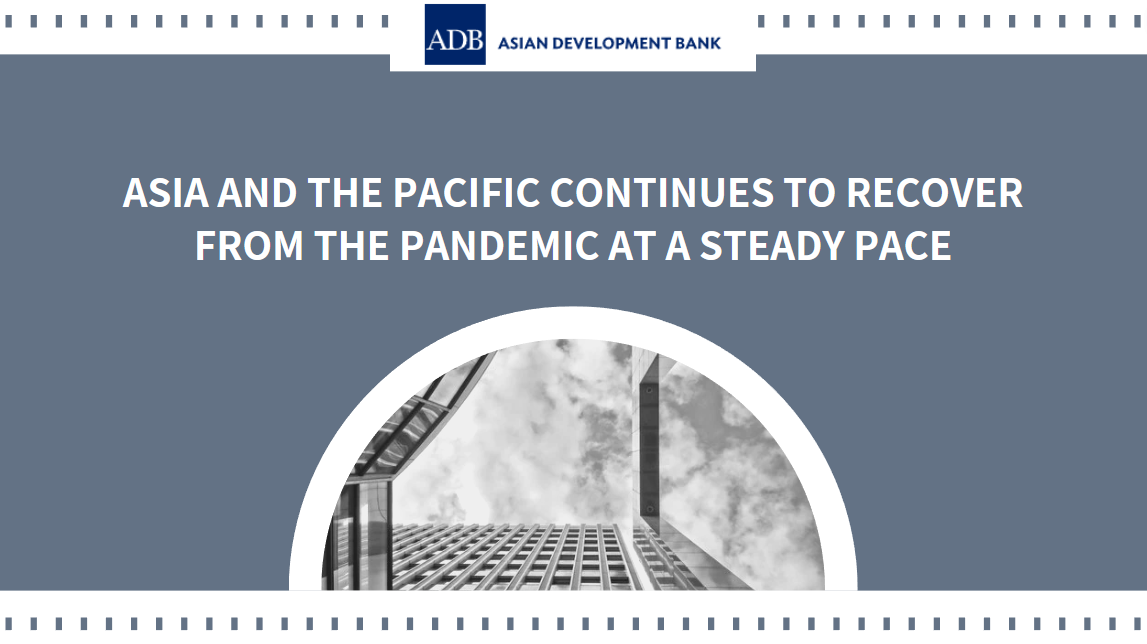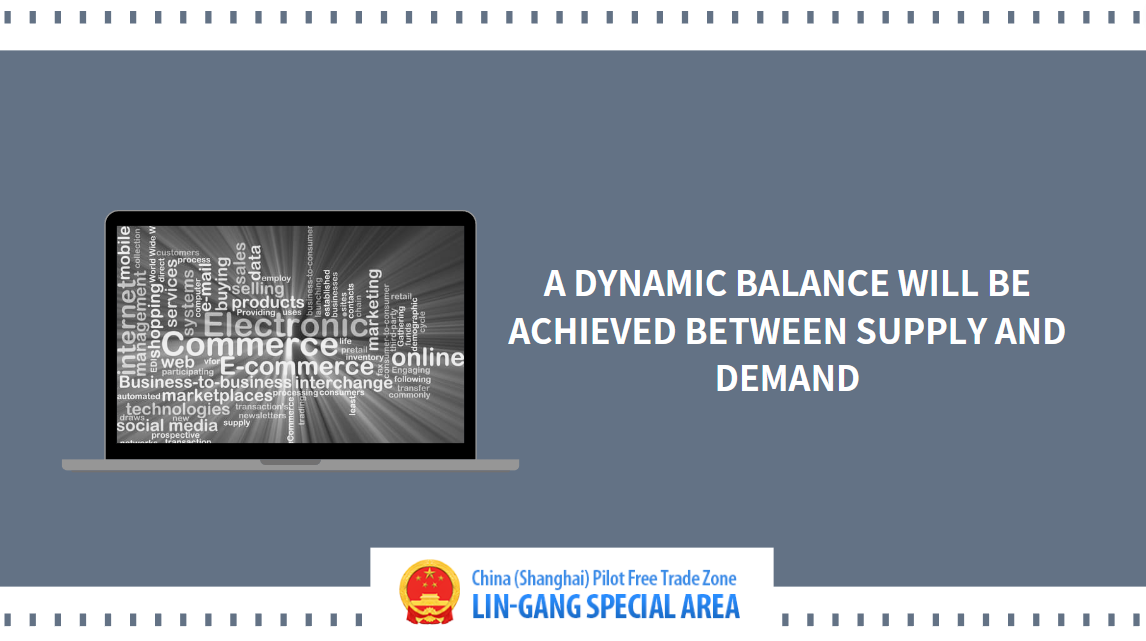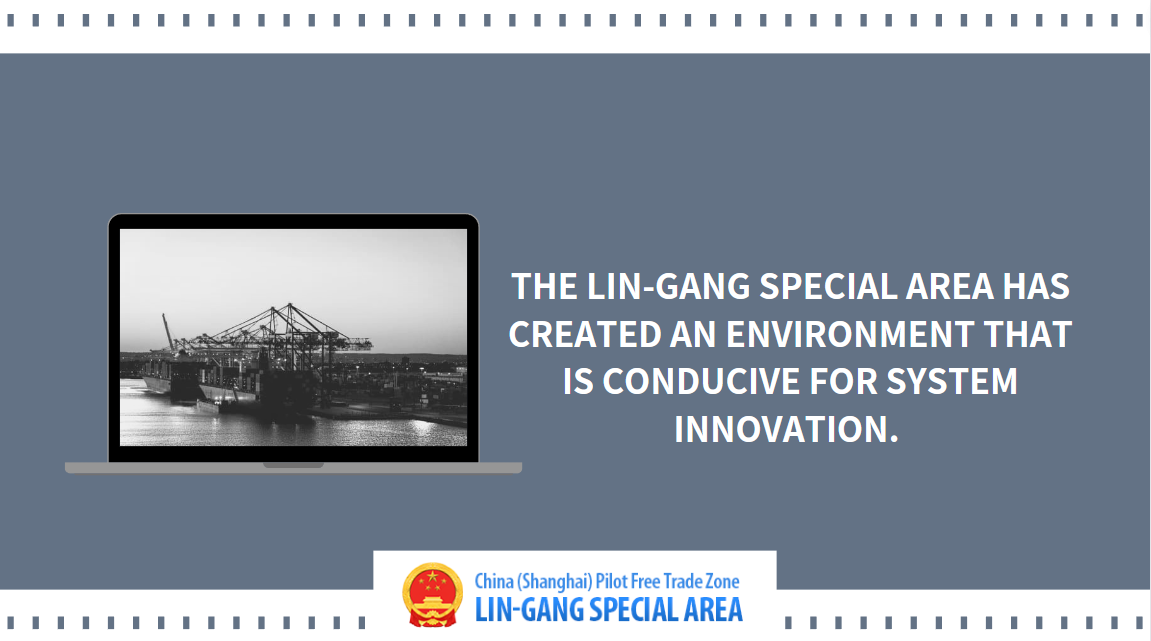The future of sustainable finance and implications for businesses
At the CPA Congress hosted by the Hong Kong Institute of Certified Public Accountants (HKICPA), Ms Julia Leung, Chief Executive Officer of the Securities and Futures Commission (SFC), shared her views on the future of finance and the implications for businesses and markets. During the keynote discussion, she examined the significance of the International Sustainability Standards Board’s (ISSB) new IFRS2 Sustainability Disclosure Standards for Hong Kong as an early mover in sustainable finance and an international financial centre, and also discussed the SFC's new licensing regime for virtual assets trading platforms (VATPs).
A global standard framework for sustainability disclosures
Ms Leung began by relating the International Organization of Securities Commissions' (IOSCO) support for the ISSB standards as the global standard framework for corporate sustainability disclosures3 . IOSCO's endorsement would signal to its 130 member securities regulators to adopt, apply or make reference to the standards. As different jurisdictions are in varying stages of sustainable development, she said these standards must be scalable, flexible, and interoperable to be adopted globally.
It is therefore important for the ISSB to chart a pathway for implementation that is not too high on day one, but high enough to encourage the adoption of and transition to the final ISSB standards, Ms Leung emphasised. She noted the challenges to adoption for jurisdictions, particularly in this part of the world, including data gaps and the capability and preparedness of issuers to conduct scenario analyses and obtain data for disclosing Scope 3 emissions across the corporate value chains.
As a major capital market which finances a large number of companies operating in Mainland China and across the Asia Pacific region, Hong Kong is uniquely placed with an understanding of what is needed for international global capital providers whilst recognising the difficulties for issuers to comply with the ISSB standards, Ms Leung observed. Proportionate measures and time-limited transition reliefs have been embedded into the final ISSB standards and adoption guidance to consider issuers and preparers' capability, resources and preparedness. For example, entities could use information that is available on the reporting date without undue cost and effort in relation to Scope 3 emissions, and jurisdictions could phase in their implementation in relation to Scope 3 emissions and adoption of the standards beyond climate. She believes the ISSB standards will provide a framework for consistent and high-quality corporate disclosures, allowing investors to make comparable investment decisions.
Significance of ISSB standards for Hong Kong
Creating a common language
Ms Leung viewed the ISSB standards as a common language for companies, regulators and investors to address the opportunities and risks of climate and other areas of environmental, social and governance. Hong Kong should adopt these standards and set an example for other jurisdictions, starting with large-sized listed companies. This is because global investors and capital providers need this set of consistent information to make informed decisions and meet their own obligations, which are becoming mandatory in Europe and increasingly across key jurisdictions. She emphasised that international capital would bypass issuers or companies that are unable to provide such information.
Hong Kong is already making a first move with listed companies, as the Stock Exchange of Hong Kong Limited (SEHK) recently consulted the public on proposed climate-related reporting requirements for these companies. She indicated that SEHK's proposals aim to align the requirements with the ISSB standards and also provide proportionality measures for adoption—even before the ISSB finalised its standards.
Driving transition finance
Transition finance and the opportunities it presents are another reason why Hong Kong should pay special attention to these standards, Ms Leung said. With China’s commitment to climate goals4 , and as the pure green segment accounts for only about 10% of the nation’s growth domestic product, it is expected that 90% of its economy would require a low carbon transition. Financing such a transition would be a tremendous task5 , but Hong Kong can help intermediate international capital into the Asia Pacific region. She stressed that preparing local financial institutions and listed companies to be well-versed in the ISSB standards would be important for strengthening Hong Kong's role in intermediating capital from the West.
Focusing on key priorities
Ms Leung then discussed the international expectations for Hong Kong to set out a comprehensive roadmap for adopting the ISSB standards. She welcomed HKICPA's initiative to become the local sustainability disclosures standard-setter and recognised that it has a central role in Hong Kong’s ecosystem.
She elaborated on the essential building blocks for Hong Kong’s successful implementation of the ISSB standards. A local standard-setter with a robust governance framework and proper oversight would provide accountability and credibility to standard-setting, she said. She also noted that it would be crucial for local standards to balance the demands from global investors whilst meeting local circumstances. Sufficient guidance for equipping the industry and supporting the preparers would also be important when implementing the ISSB standards and promoting best practices.
A key part of the standards' implementation will be an assurance framework to increase the trust and credibility of the information disclosed. To establish this framework, Hong Kong should take into account the IAASB's profession-agnostic assurance standards, she added. She pointed out that the most difficult and important last piece to support the standards’ implementation would be enriching local data infrastructure and accelerating the use of technology. For instance, it needs to be considered how to enhance the digitalisation of sustainability reporting and facilitate capacity building. Describing the journey to adoption as a marathon, not a sprint, Ms Leung is confident that Hong Kong would be able to move forward with the final ISSB standards.
Addressing data availability and quality
Next, Ms Leung commented on data availability and quality, which is a common concern for companies worldwide. She explained that the reporting journey must start somewhere, and mandatory disclosures by listed companies once SEHK's proposed requirements are finalised would help the ISSB standards' adoption get off to a good start.
In addition to onboarding these standards, jurisdictions will need to build the ecosystem, including for data and analytics, in order to transition to the final standards. She cited the integration of technology into sustainability reporting as one area that needs to be built into the ecosystem, which also creates opportunities for the Fintech environment.
Fintech and the future of finance
In her view, sustainable finance and technology are two key facets to the future of finance. Echoing earlier remarks made by the Financial Secretary of the HKSAR at the CPA Congress on developing Hong Kong as an innovation and technology centre, she said the future of finance will have a lot of technology-enabled elements. Virtual asset trading is an important component of the Web3 ecology, which can include the tokenisation of green bonds and investment funds as well as the application of distributed ledger technology in the financial sector.
Ms Leung then highlighted the importance of responsible innovation which promotes more robust infrastructure, more transparency and efficiency in the markets as well as better investor experience. The SFC strives to ensure that Hong Kong has both the financial infrastructure and policy framework to enable responsible innovation, she continued. The new VATP licensing regime, which commenced on 1 June 2023, comes with rigorous requirements for VATP operators to ensure investor protection, including their internal controls, auditing and segregation of assets. Providing a licensing platform for VATPs not only protects investors, but also allows SFC licensees such as brokers and fund managers to engage in this new area.
On that note, Ms Leung underscored the crucial role of the accounting and auditing profession in verifying the existence of virtual assets and auditing smart contracts and other technologies in the virtual space. For instance, the auditing profession will need to develop good practices and build consensus on how to go about auditing virtual assets and smart contracts. She acknowledged that their support and professionalism are key to protecting investors and safeguarding the quality and integrity of the Hong Kong market, which is now at the cutting edge of sustainable finance, Fintech and Web3.
Message to participants
Asked about her key message to participants, Ms Leung remarked that finance is all about trust, and this is where accounting and auditing professionals can help keep businesses and markets honest and clean. The past few years saw a confluence of events which tested Hong Kong’s ability to cope with stress. The current business environment remains challenging, but time and again Hong Kong and indeed these professionals have been able to demonstrate resilience, bounce back and seize new opportunities in vibrant growth areas.
In closing, she urged accounting and auditing professionals to continue to uphold their very high standards and professional ethics in these challenging and dynamic times, and also to move with the times and learn the new languages of sustainable finance and Fintech.






















































First, please LoginComment After ~